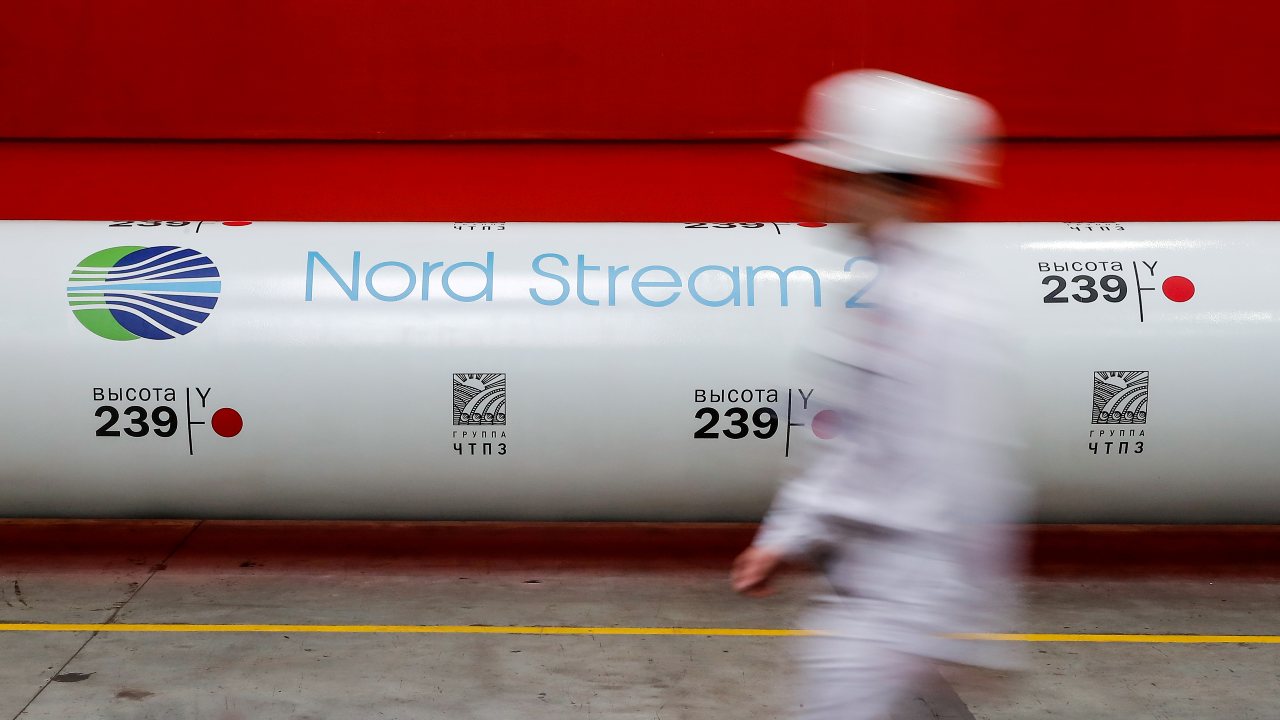Nord Stream 2 was so critical to the future of Europe, we were told, that German and Finnish taxpayers were required to help fund the $11bn project. Now that it is no longer critical, and may never be used despite its completion, German and Finnish taxpayers must instead help mop up the losses.
Nord Stream 2 is now dead, with 745 miles of pipeline lying unused on the bed of the Baltic Sea ever since Russia’s full-scale invasion of Ukraine in February. Large parts of that redundant infrastructure was paid for by Finland and Germany, both of which are having to pick up an enormous bill.
Finland’s involvement stems from Fortum’s investment to take a majority stake in Uniper, the German utility company. Fortum is 50.76% state owned.
Even now, as losses multiply, the Fortum website uses the language of an earlier age, when Russia supplied cheap gas to Germany in pipelines running along the Baltic Sea.
“Fortum acquired Uniper to drive the clean energy transition across Europe and deliver sustainable financial performance . . . [and in 2021] Uniper contributed half of the Group’s comparable operating profit.”
No longer. On August 25, Fortum posted its second quarter report: losses to the tune of €7.4bn ($7.4bn) — net losses for the whole of 2021 were €114m and the company reported a €1.85bn net profit in 2020. The company’s share price looks like something headed off a cliff. The sums of money are eye-watering and yet few are surprised. Fortum has been plagued ever since the 2019 acquisition of Uniper, which cost a total of €6.2bn and which the company described as a prudent investment. designed to offer stability. The company’s share price values it at €2bn. Fortum’s embrace of Russia and its energy assets began even earlier; in 2008, when it entered the Siberian market with billions of euros in investment.
The choice of Uniper as an investment for the Finns was — and remains — an odd one.
Uniper is one of Europe’s most polluting companies: not a good look for the environmentally conscious Finns. Founded in 2016, when E.on divvied up its operations, Uniper got the fossil fuel production. When Fortum bought Uniper, it announced there would be a focus away from coal-fired plants, including those in Russia, and on cleaner energy. Uniper’s main business is the sale and storage of natural gas, and the company was heavily vested in Nord Stream 2 plans.
Uniper’s demise has largely come about precisely due to gas sale and storage contract limitations. The current contracts prevent it from increasing gas prices to its customers — to reflect higher gas prices upstream — until October. (So hold tight for when October comes around.) In the meantime, it is a license to hemorrhage money. Even though the German state stepped in to bail out Uniper, the result of that bailout was a cut of the company, eating into the clear majority stake the Finnish buyers had been enjoying. Now, Fortum only just owns a majority — a far cry from the 76.1% controlling share, and not enough to make important decisions in the company without a consensus.
It is not yet clear whether Fortum will require a bailout by the Finnish government, but even without this, Fortum’s woes are already causing indirect losses to the Finnish taxpayer and the retail investors who piled into the company: It is unlikely Fortum will be able to pay dividends this year, which have contributed, on average, about €500m to the coffers of the Finnish state annually.
This is just one side of the drama. The other is the dilemma Finland and Germany are facing via their companies’ physical assets in Russia. Both Uniper and Fortum are trying to unload their plants in Russia, but they are largely at the mercy of Vladimir Putin’s government on whether they will even be allowed to sell them, with much fewer conversations about fair pricing, fair competition, and a fair transfer. It is quite possible that Finland will lose all its Russian investments for no effective recompense.
If the European Union (EU) decides to ban imports of Russian natural gas, a sizeable portion of Uniper’s business will vanish. While further German taxpayer bailouts are likely — Uniper is central to Germany’s energy supply and cannot be allowed to fail — in that case, the Finnish stake and the value of its investment will suffer even more.
Germany’s gas-related woes continue to mount meanwhile. On August 28, Die Welt reported that the government is preparing to nationalize the Gazprom subsidiary, Gazprom Germania.
The costs of Europe’s energy love-in with Putin’s Russia continue to mount, even as soaring gas prices promise a hard winter reckoning for a continent that could not have begun to imagine this just one year ago.
Cordelia Buchanan Ponczek is a Clarendon Scholar and doctoral candidate at the University of Oxford, where she is researching public-private investment into extractive industries.




